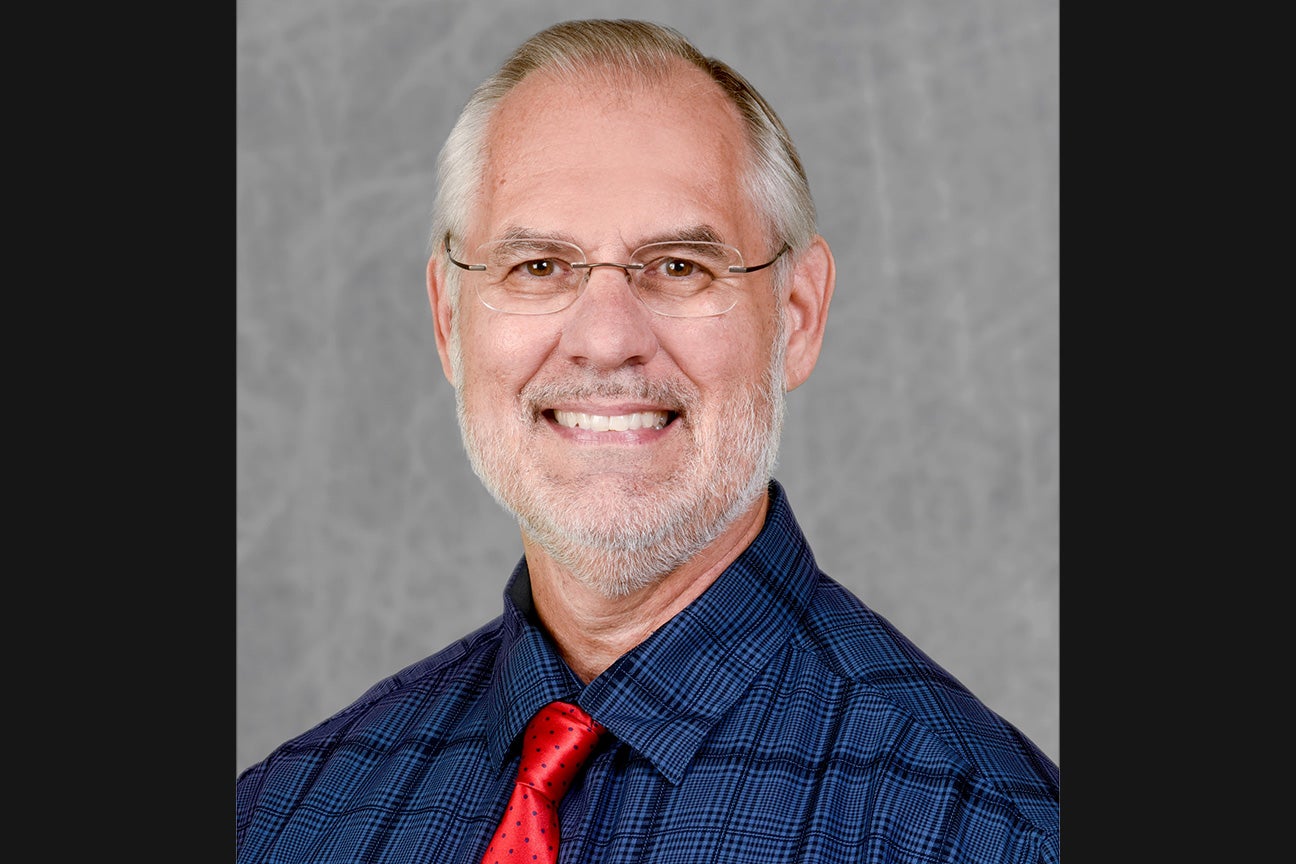The Nature Corner: Remembering Tommy and Bozo
Published 3:05 pm Wednesday, July 11, 2018
By Ernie Marshall
When I was a teenager, about sixteen, I worked one summer on a farm, north of the Tennessee River near Decatur, Alabama.
It was hard work, as is the nature of farm work, but I was young and willing and had always loved being in the outdoors. (And always had a summer job.) Also we went most summers to the family farm where my father grew up, so I had become familiar with farm life, learned how to drive a tractor, something about the care of animals and crops, and so forth.
Since I was a fill in rather than part of a regular crew, I did various jobs at different times, including helping a man paint his house, tractor work such as discing fields, mending fences, and chopping cotton. Chopping cotton was the job I liked least, which well taught me why a hoe is known as a “misery stick.” And “bucking hay” was the work I took to most.
We put in hay for the farm’s dairy herd. There were usually five of us, one driving the tractor pulling the hay wagon, and two of us walking along either side of the wagon hoisting the sixty-pound square bails up on the wagon bed. We worked all day, with a lunch break with what we’d brought to eat (there wasn’t a country store nearby), and breaks to go to the milk house for several dippers full of cold spring water. We worked until six o’clock and the job was finished within a couple of weeks. So I was tired at the end of the day but feeling satisfied that our work had accomplished something solid and good.
A fellow named Jesse drove the tractor. He had only one arm but with it he was adept at backing the wagon and driving close to the bails to be loaded. Jesse never shared his story about how he lost an arm, but he had a reputation for getting into “trouble” at times.
The other three I don’t remember well, except for Tommy. Tommy was a tall, strongly built, rather handsome, thirtyish black man. He more than the others made me feel welcome and included and I was white and all the others black, and this was during segregation in the Deep South.
I recall Tommy and I lying in the barn loft waiting for Jesse to back the loaded hay wagon into the barn, so that we could put up the bails. I was glad for the respite of rest, however brief and a chance to catch my breath, but Tommy wanted to talk. He was curious and open hearted, so he had questions about my life, family, and of course, did I have a girl friend? I had my questions too. Segregation deprived blacks of many opportunities, but there was a forfeiture for whites too. Someone like myself had few chances to get to know a black man.
Tommy was also “strongly built” in character. Once one of the crew mentioned taking some corn from the field, “There’s a plenty, no one will even miss it.” I thought the same. But Tommy said no. “It ain’t right, that’s stealing.” Tommy was always a straight arrow.
But what I remember here that matters most is Tommy’s making a special effort to find me to tell me how sad and sorry he was that my father had died. I was working weekends at a JC Penney men’s department. I know he didn’t shop there, but somehow found out where to locate me.
His condolences, among all the others, mattered most. It was from the heart.
Bozo was an entirely different kind of fellow. He was tall and lanky, and somewhat socially awkward as well, and younger than Tommy. “Bozo” was not his real name but one given him by the crew, partly because he didn’t seem to be the sharpest tool in the box.
But Bozo’s ineptitude may have been mostly due to his background. Tommy had apparently been with the same family farm all his life, and it was home to him. Bozo, it seems, was a drifter, and consequently didn’t have much work experience.
I first learned of this lack of work skills in the following dramatic way. The foreman told me to take the pickup and go pick up empty fertilizer bags left along a field edge.
Bozo said “I’ll go too. Might need help.” Next thing I knew he slides in behind the wheel and starts the vehicle (keys were left in the ignition). I asked Tommy, “OK if Bozo drives?” He laughed and said “If you dare.”
I got in beside Bozo, wondering what Tommy had meant by that. I soon found out.
On our way to the other field, Bozo ground every gear and barely missed every pine tree lining the one-lane dirt road. I braced my hands against the dashboard, awaiting an abrupt encounter with a tree or a ditch. Amazing how much weaving back and forth can be done on a narrow one-lane road.
Bozo it seems had never driven a vehicle in his life. I was giving him his first driving lesson!
But know what? By the time we’d covered the mile or so back to the tractor shed, Bozo had pretty well mastered the task. Maybe he was just a tool that needed sharpening.
I admired Tommy for his steadiness and kindness, and will always remember him so. But I guess I admired Bozo too. It takes courage to take on a job, yet lacking the needed know how and confidence but determined to learn, even at the risk of totaling the boss’s pickup.
Questions, comments, criticisms? Contact the author at marshalle@ecu.edu. Check out my blog: ecmnaturecorner.wordpress.com. Visit www.refugewildlife.com for information (and to order) DVDs of the films “Refuge – The Series.”




